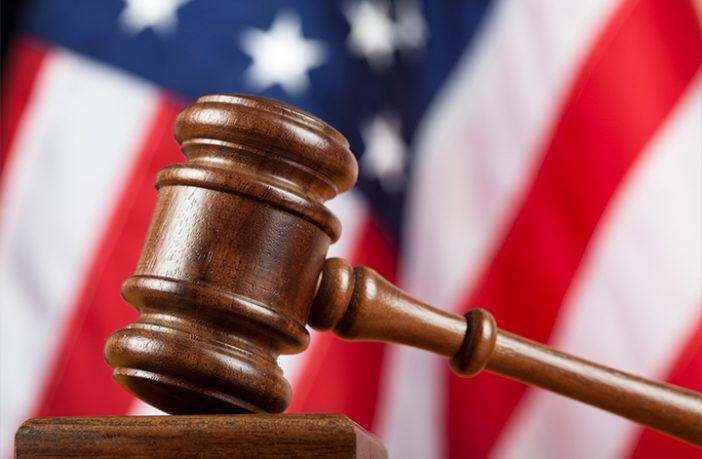Since Donald Trump was inaugurated, the mainstream media have reported on every anti-Trump district court holding (no matter how slanted) as if it were a binding pronouncement by the Supreme Court. Hence, the portrayal of temporary injunctions on President Trump’s orders that limit travel from terrorist-harboring nations as an unmitigated victory for the anti-borders lobby. Of course, there’s not usually any discussion of the many reasons why higher courts are likely to find a particular presidential action constitutional and let it stand.
The New York Times Magazine (NYT Magazine) has expanded on this tendency in a piece about Executive Order 13768, which directs the Justice Department to strip federal grant money from jurisdictions that harbor illegal aliens. Despite the fact that no court has yet opined on the constitutionality of this instruction, the NYT Magazine ponderously concludes, “All told, prospects look bleak for this executive order. Unless the Justice Department succeeds in reinterpreting it out of existence, it’s hard to see how judges — including the conservatives — will let it stand. They tend to take things literally.”
Actually, if one knows anything about constitutional law, the prospects don’t look bleak at all. “Obstacle preemption” is an established constitutional doctrine, which holds that states are prohibited, under the Supremacy Clause, from creating obstacles to the achievement of Congress’ objectives. The Immigration and Nationality Act (INA) makes it pretty obvious that Congress wished to protect the borders of the United States from unauthorized transit by foreign nationals. Sanctuary policies and non-compliance with immigration detainers are impermissible obstacles to the accomplishment Congress’ goals as set forth in the INA.
In addition, the president possesses a constitutional authority called the “Impoundment Power.” In essence, the president, as the Chief Executive of the United States, may withhold federal funds if he believes a state would use them in a manner that violates the legislation authorizing their expenditure. The Impoundment Power derives from the constitutional requirement that the president “take care that the laws are faithfully executed” and was first used by President Thomas Jefferson.
Although dating to the earliest years of the Republic, this power has been subject only to limited judicial scrutiny. In Train v. City of New York, the Supreme Court recognized the impoundment power as legitimate and held that “[t]he president cannot frustrate the will of Congress by killing a program through impoundment.” However, implied in the Supreme Court’s holding is a presidential responsibility to perpetuate the will of Congress – which is consistent with the requirements of the “Necessary and Proper” clause of the Constitution. Therefore, the President would be justified in withholding the monies for a particular program when dispensing them would fund a state’s effort to frustrate the will of Congress.
In the case of immigration enforcement, it is highly likely that a reviewing court would find the president well within his rights to withhold immigration enforcement (and general law enforcement funds) from cities, counties and states that are deliberately frustrating the will of Congress with regard to immigration laws. In short, the federal government does not have to subsidize state and local efforts to defy Congress and impede the enforcement of the Immigration and Nationality Act.
While biased journalism in the New York Times is no longer any surprise, the complete failure to even acknowledge the opposing side of a legal argument is a serious breach of journalistic ethics. Maybe the Times should go back and brush up on its basic newswriting skills before it tries its hand at complex constitutional law arguments that it clearly doesn’t understand.





2 Comments
What Money Will Be Stripped From Sanctuary Cities?
I’d like to see the IRS attack Sanctuary Cities for not paying fair wages, tax evasion IOWs for replacing Americans with slave waged foreigners, and collect the lost federal taxes from the slave-lords committing this anarchy. The amount is HUGE.
The NY Times is a mouthpiece for Mexico. Seventeen percent of their stock is owned my Mexican billionaire Carlos Slim. No one is going to go against him. The Washington Post was bought outright by Amazon founder and globalist supporter Jeff Bezos. This country is being taken over piece by piece day by day by the failed narco state of Mexico, with the active assistance of the media and the Democratic party. Trump stands in the way of that. A lot of us voted for him largely on the issue of illegal immigration and the prospects of more open border justices on the Supreme Court.